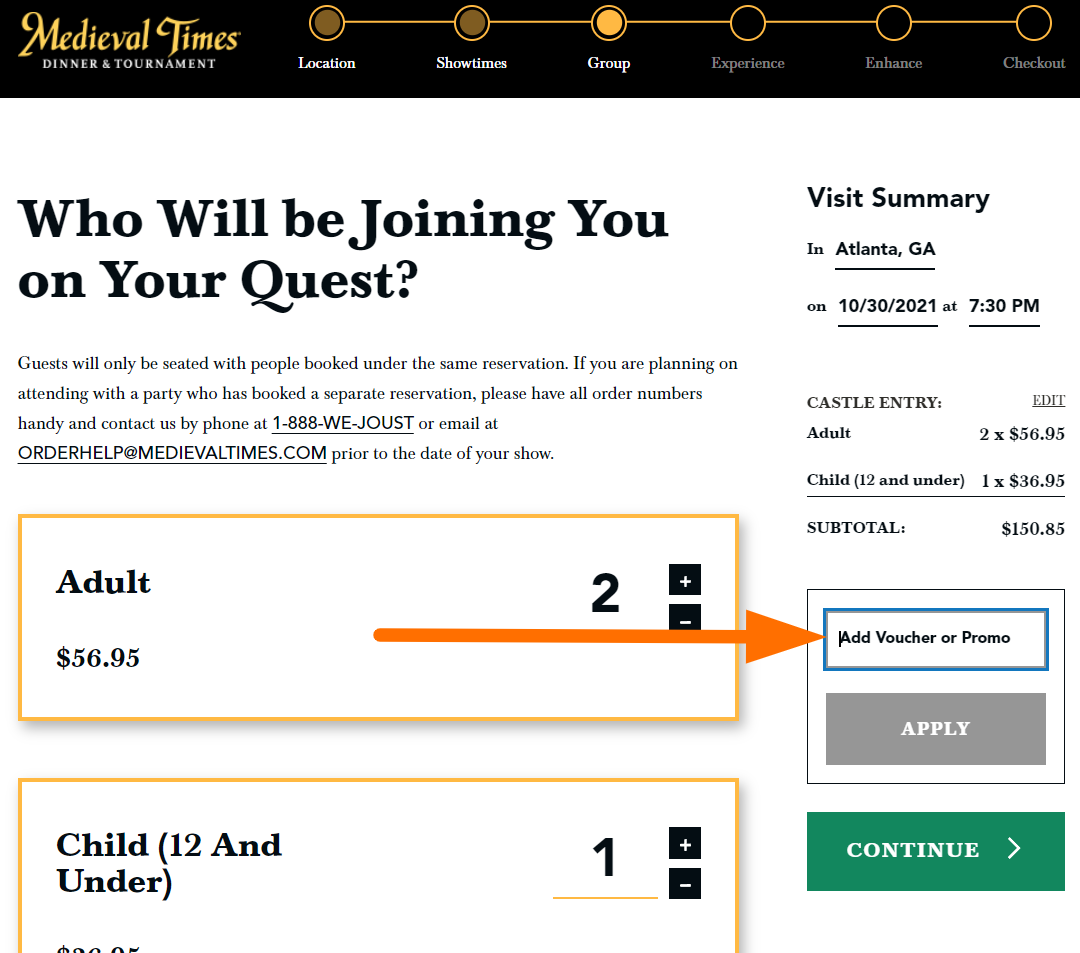
In England they created first the Ordinance (1349) and then the Statute (1351) of Labourers, which froze wages at pre-plague levels, compelled workers not otherwise engaged in fixed, long-term employment into year-long contracts with the first employer who demanded it, and established penalties to ensure compliance. Rather than supply some of the needed labor themselves, landowners turned to solutions that might produce the kind of world they were capable of imagining. Yet there was a great deal of deliberate (in)action behind these developments. Scholars disagree about how and how much things changed, but they share a tendency to describe these changes in oddly passive terms: wages rose, inequality decreased, feudalism ended. What happened next has been the subject of an enormous amount of scholarship, particularly in the case of England, where the large extant body of sources such as chronicles, legislation, court cases and manorial account books provides rich material for studying the social and economic changes in the wake of the Black Death. But the staggering mortality of the Black Death reduced this previously sufficient peasant population sharply enough to create a severe labor shortage. Farm work was peasant work, whether performed by serfs bound to a particular manor, tenant farmers or wage laborers hired by the year or the season. The eminent refused to take on menial roles, not because they could not perform these “unskilled” tasks, but because to do so would be unworthy of their social rank, and it was unthinkable to abandon that social and labor hierarchy. Even if (or especially as) phantasms, however, these sickle-wielding lords reveal the importance of imagined possibilities in shaping pandemic responses. Curiously, the documentary record, which provides ample evidence that workers did demand and receive higher wages (on which more below), contains in contrast scant evidence that “worthies” ever dirtied their hands with fieldwork.
MEDIEVAL TIMES COUPONS LIVING SOCIAL MANUAL
In its entry on the Black Death, the 1347–50 outbreak of bubonic plague that killed at least a third of Europe’s population, this chronicle from the English city of Rochester includes among its harrowing details a seemingly trivial lament: Aristocrats and high clergymen not only had to pay triple wages to those toiling in their fields, but, even worse, they themselves had to perform manual labor. … As a result, churchmen, knights and other worthies have been forced to thresh their corn, plough the land and perform every other unskilled task if they are to make their own bread.” - Account of the Black Death in the cathedral priory chronicle at Rochester (written no later than 1350) It does not store any personal data.“ mortality destroyed more than a third of the men, women, and children … such a shortage of workers ensued that the humble turned up their noses at employment, and could scarcely be persuaded to serve the eminent unless for triple wages. The cookie is set by the GDPR Cookie Consent plugin and is used to store whether or not user has consented to the use of cookies.

The cookie is used to store the user consent for the cookies in the category "Performance". This cookie is set by GDPR Cookie Consent plugin. The cookie is used to store the user consent for the cookies in the category "Other. The cookies is used to store the user consent for the cookies in the category "Necessary". The cookie is set by GDPR cookie consent to record the user consent for the cookies in the category "Functional".


The cookie is used to store the user consent for the cookies in the category "Analytics". These cookies ensure basic functionalities and security features of the website, anonymously. Necessary cookies are absolutely essential for the website to function properly.


 0 kommentar(er)
0 kommentar(er)
